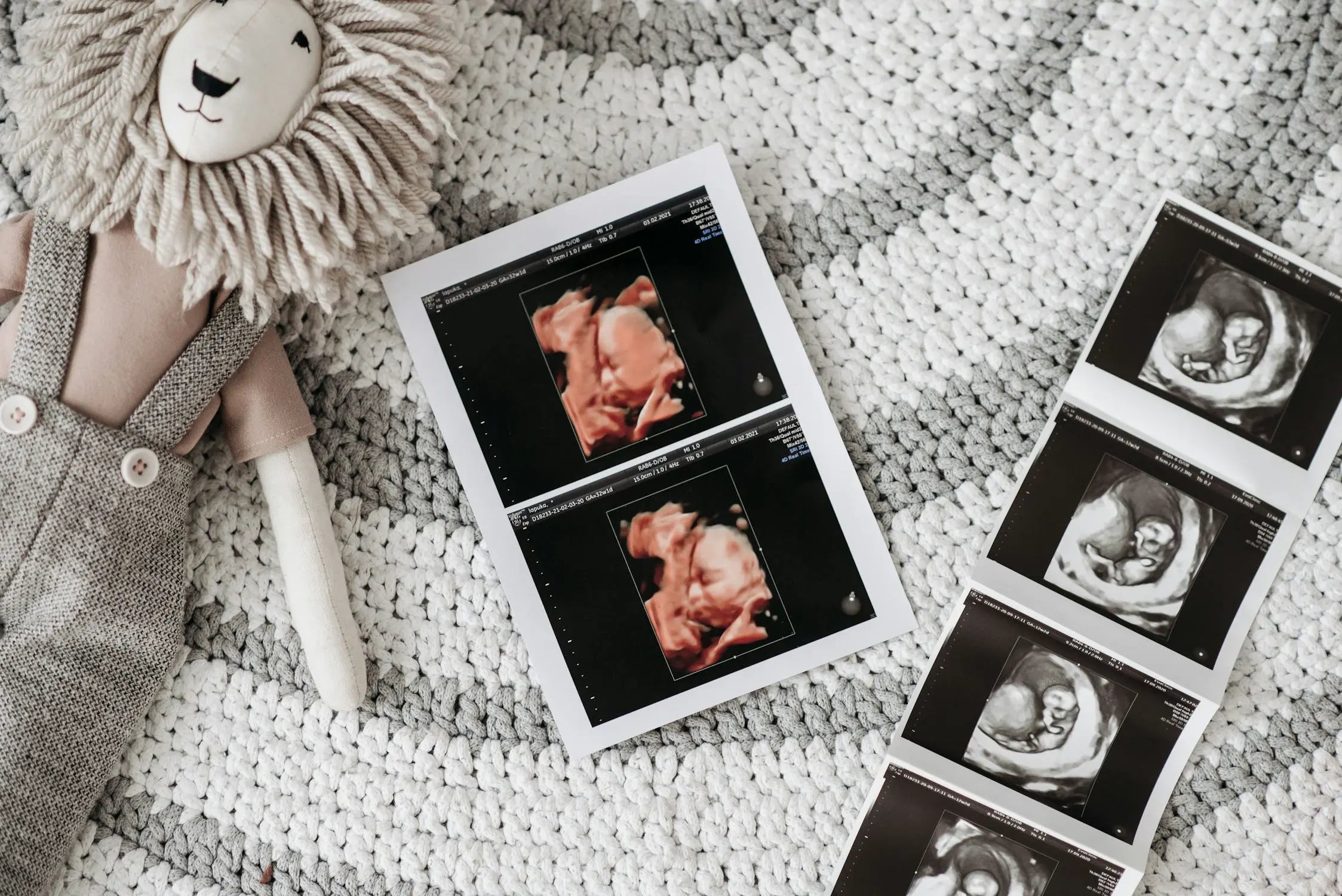Home
Pregnancy, Breastfeeding, and Pumping: The Ultimate Guide for Moms
How Long Will a Pregnancy Test Stay Positive After Miscarriage: Key Insights

How Long Will a Pregnancy Test Stay Positive After Miscarriage: Key Insights
Experiencing a miscarriage is an emotionally and physically challenging event, and many women are left with questions about their bodies and recovery. One common question is: how long will a pregnancy test stay positive after miscarriage? This article delves into the factors that influence this, providing clarity and guidance during a difficult time.
Understanding Pregnancy Tests and hCG Levels
Pregnancy tests detect the presence of human chorionic gonadotropin (hCG), a hormone produced during pregnancy. After conception, hCG levels rise rapidly, doubling every 48 to 72 hours in early pregnancy. This hormone is what makes a pregnancy test turn positive.
During a miscarriage, the body begins to expel the pregnancy tissue, and hCG levels start to decline. However, this process is not instantaneous. The time it takes for hCG levels to return to normal varies depending on several factors, including how far along the pregnancy was and individual differences in metabolism.
How Long Does hCG Stay in the Body After a Miscarriage?
After a miscarriage, hCG levels can remain elevated for days or even weeks. On average, it takes about 4 to 6 weeks for hCG levels to drop to zero. However, this timeline can vary. For example:
- Early miscarriages (before 8 weeks) may result in faster hCG decline.
- Later miscarriages (after 12 weeks) may take longer for hCG to return to baseline.
It's important to note that some women may still test positive on a pregnancy test during this period, even though they are no longer pregnant.
Factors That Influence hCG Levels After Miscarriage
Several factors can affect how long hCG remains detectable after a miscarriage:
- Gestational Age: The further along the pregnancy was, the higher the hCG levels, and the longer it may take for them to decline.
- Type of Miscarriage: A complete miscarriage, where all pregnancy tissue is expelled, may result in a quicker decline in hCG compared to an incomplete miscarriage.
- Medical Intervention: Procedures such as dilation and curettage (D&C) can help remove remaining tissue, potentially speeding up the decline in hCG levels.
- Individual Metabolism: Each woman's body processes hCG differently, which can impact the timeline.
When to Take a Pregnancy Test After Miscarriage
If you're wondering when to take a pregnancy test after a miscarriage, it's best to wait until your hCG levels have had time to drop. Testing too soon may result in a false positive. Here are some guidelines:
- Wait at least 2 to 3 weeks after a miscarriage before taking a pregnancy test.
- If you've had a medical procedure like a D&C, follow your healthcare provider's advice on when to test.
- If you continue to test positive after several weeks, consult your doctor to rule out complications such as retained tissue or a new pregnancy.
Emotional and Physical Recovery After Miscarriage
While understanding the physical aspects of miscarriage is important, emotional recovery is equally crucial. Here are some tips for coping:
- Allow Yourself to Grieve: It's normal to feel a range of emotions, including sadness, anger, and guilt. Give yourself permission to grieve.
- Seek Support: Talk to loved ones, join a support group, or consider counseling to help process your feelings.
- Take Care of Your Body: Rest, eat nutritious foods, and avoid strenuous activities as your body heals.
- Communicate with Your Healthcare Provider: Keep your doctor informed about your physical and emotional well-being.
When to Seek Medical Attention
While it's normal for hCG levels to take time to decline, certain symptoms may indicate a need for medical attention. Contact your healthcare provider if you experience:
- Persistent positive pregnancy tests after several weeks.
- Heavy bleeding or severe abdominal pain.
- Signs of infection, such as fever or foul-smelling discharge.
Understanding how long a pregnancy test stays positive after a miscarriage can provide clarity during a confusing and emotional time. By knowing what to expect and when to seek help, you can focus on healing both physically and emotionally. Remember, you're not alone, and support is available to help you through this journey.
Share

